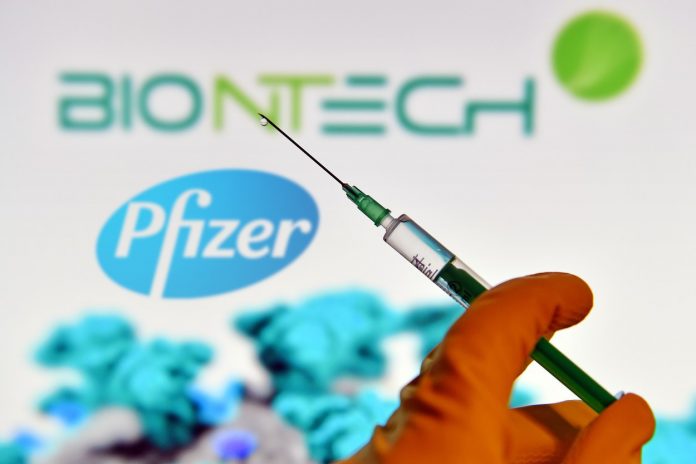More than 38% of Romanians wouldn’t get a Covid-19 vaccine according to a survey that was carried out last month before news of a breakthrough this week that a vaccine was in reach.
The survey carried out from Sept. 25 to Oct.16 found another 30% would wait to see whether there were any problems. A total of 21.8% said they would get the vaccine and 8% said they would be inoculated against it if it was fully explained.
Some 44.2% said that everyone should have access to the vaccine while 26.6% believed the risks outweighed the advantages with about the same percentage saying the benefits were greater than the disadvantages.
Pfizer and Germany’s BioNTech announced Monday they had developed a vaccine against SARS-CoV-2 that was 90% effective, sparking hopes that there may be an end of the pandemic in sight that has seen more than a million deaths, battered economies and upended daily life.
Some 1,000 people were questioned by telephone with pollsters giving a a 3% margin of error.
Some 46.25% said that the U.S., Russia, China, Germany, the UK, France, Germany and Japan were investing the most in finding a vaccine against SARS-CoV-2. While about 17% believed it was pharma companies.
More than 55% said they generally agreed with vaccines while 35.5% said inoculations were good in some cases. About 8.5% said they didn’t trust vaccines.
More than 68% said they hadn’t been vaccinated in the last 5 years with 8% getting a yearly vaccine.
Three-quarters said their family doctor recommended a jab and 7.4% took advice from friends and relatives.
Less than one-fourth said they would get the flu jab this autumn, compared to 17,5% last year before the pandemic erupted.
Less than 70% said they’d get a vaccine from their family doctor, with 18.5% preferring a hospital and 1.7% would do it at home.
The poll in Romania was carried by the Larics Center for Sociological Research in conjunction with the Romanian Association of International Medicines Manufacturers (ARPIM) and the Institute of Political Science and International Relations supported by the Medical Science Section of the Romanian Academy.




















